#ETtalks Drive, during C40 Mayors Summit in Copenhagen, 2019
#ETtalks Drive brought the conversation outside the closed doors on a bike.
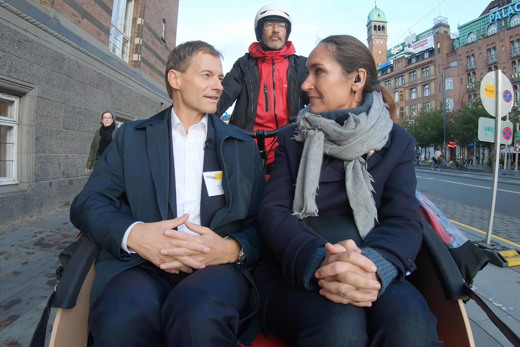
Three key levers to transform cities for a sustainable future
Kim Fausing - CEO Danfoss
We have taken the discussion outside the closed doors. Watch our CEO Kim Fausing in conversation with Danish journalist, climate activist and positivist Signe Wenneberg in #ETtalksDrive at the C40 World Mayors Summit in Copenhagen.
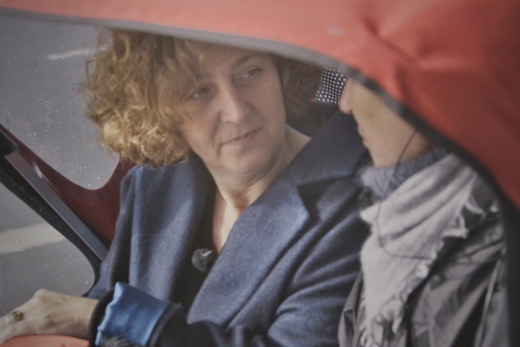
Integrated urban systems play a key role in the energy transition
Martina Otto - Head, Cities Unit, UN Environment Programme
Martina has over 20 years of experience in Environmental Policy and Programme Management with a focus on air quality, climate change, energy, buildings and transport. Martina leads UN Environment's work on cities, coordinating the UN Environment wide offer to support cities and promote multi-level policy integration, and is in charge of the cooperation with other UN agencies and partners in the sustainable urban development space. Under her responsibility is also the work on buildings, with the Global Alliance for Buildings and Construction, food systems. Martina has worked for UN Environment since 1999 in different substantive and management functions.
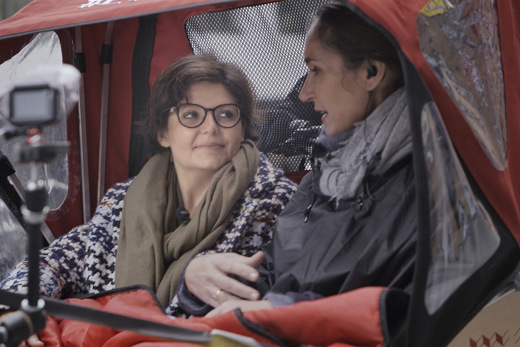
Acting on air pollution smart energy systems and electric transport solutions
Justyna Glusman - Director for Sustainable Development & Greenery, Warsaw Mayor´s Office
Justyna is a Polish economist and holds a Ph.D. in political economy. During her career she has been working for the local government, public administration as well as in the private banking sector. She teaches city management and urban policy at the Warsaw School of Economics post-graduate studies. She is currently the director for Director for Sustainable Development & Greenery, Warsaw Mayor´s Office
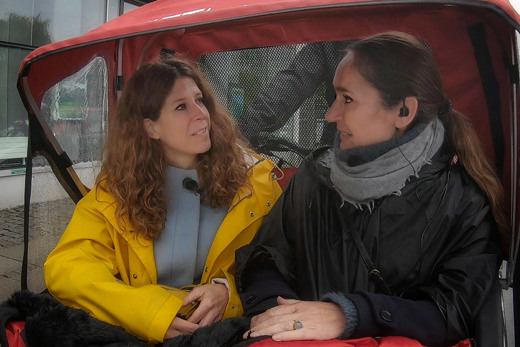
Putting people at the heart of sustainable cities
Ewa Westermark - Partner, Gehl Architects
Ewa brings many years of experience as a Partner as well as an Architect and Urban Planner. Her project experience is international and spans across the gamut of Gehl services. She focuses on consulting with cities by developing Public Life and Public Space Strategies, Public Space Plans, Master planning Frameworks and guidelines which inform the quality of places. At the core of her work is the development of the Gehl methodology, as well as knowledge production into the fields of regional planning, mobility hubs and innovation quarters or smaller cities and suburban centers. Ewa is also an engaged lecturer and has a long experience of facilitating workshops around the world.
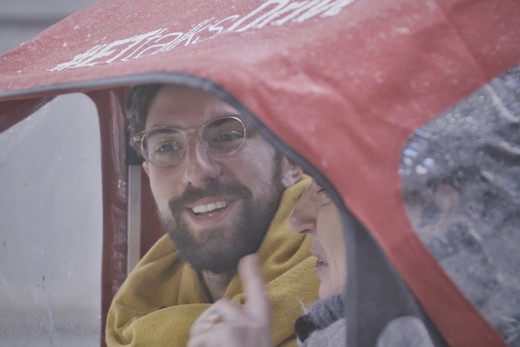
City to city collaboration key in driving climate action
George P.R. Benson - Consultant, Green Building Market Acceleration
George Benson is from Vancouver Island and is a recent graduate of the UBC’s School of Community and Regional Planning where his thesis work focused on city-to-city collaboration on climate policy. He currently works for the Vancouver Economic Commission and sits on the PIBC Climate Action Task Force. George has most recently completed a whitepaper on climate finance for Global Affairs Canada, attended HABITAT III as a part of the Canadian delegation, and helped create an award-winning climate action plan for Baliwag in the Philippine.
#ETtalks Drive in Katowice during the UN Climate Summit COP24 in 2018
We drove around the streets of Katowice, in an electric car, during the United Nations Climate Summit COP24 and interviewed world-renowned climate leaders.
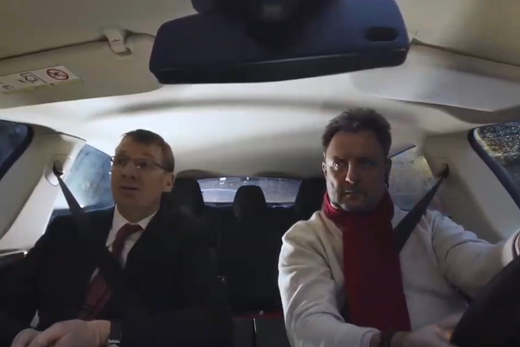
Innovation stems from sector coupling
Anton Koller, Divisional President District Energy in Danfoss.
Where does innovation stem from? In this #ETtalksDRIVE, Anton says it comes from sector coupling. Anton gives the example of heat recovery to show that smart energy solutions can unlock synergies that will help future-proofing our cities.
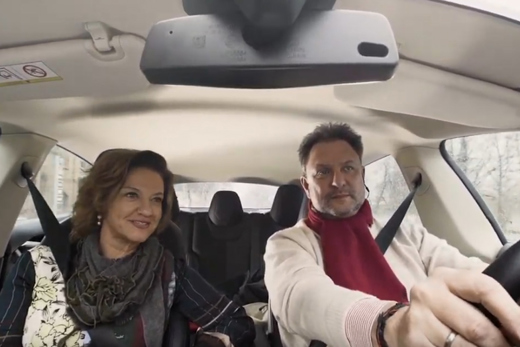
Bringing energy efficiency to life with ambitious political action
Monica Frassoni, President of the European Alliance to Save Energy (EU-ASE).
The EU has a new, bold, energy strategy. In her #ETtalksDRIVE, Monica tell us how she sees the European Union´s ambition for climate change and what we need to make it happen. Strong partnerships for energy efficiency, knowledge and political will are key to drive faster climate action.
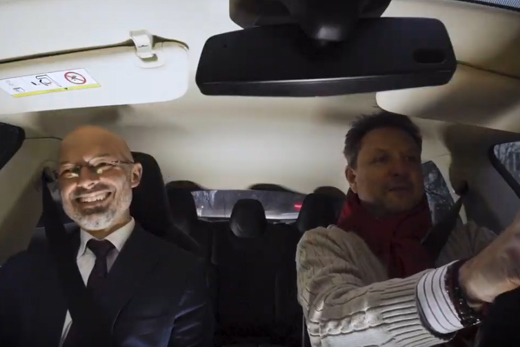
Katowice rulebook bring the Paris Agreement to life
Michał Kurtyka, Secretary of State in the Ministry of the Environment and President of COP24.
COP24 President sums up the climate negotiations that took place in Katowice. What was agreed at the United Nations Climate Change Summit? What are the next steps? On this #ETtalksDRIVE, Michal tell us how the rulebook agreed at Katowice is a roadmap for realizing the Paris Agreement.
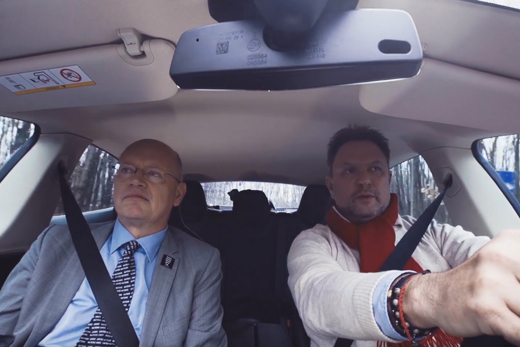
Every half of degree matters
Jean-Pascal van Ypersele, IPCC Vice President.
Exclusively for #ETtalksDrive, Pascal summarizes the latest IPCC special report "Global warming 1.5°C": every half of degree matters. Every year matters. Every decision matters. Listen to a professor of physics and a climate scientist for over 40 years, describing the impact of deepening global warming in our planet.
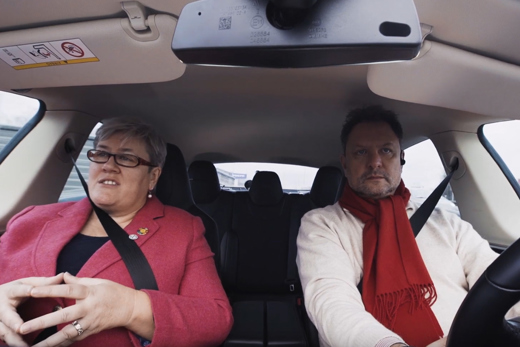
Energy is key for sustainable development
Rachel Kyte, Chief Executive Officer of Sustainable Energy for All (SEforALL), Special Representative of the UN Secretary-General for Sustainable Energy for All.
How is energy key to sustainable development? In her #ETtalksDRIVE, Rachel highlights how everyone, especially the poorest citizens, need affordable, clean energy. And the good news: the technology is available today.
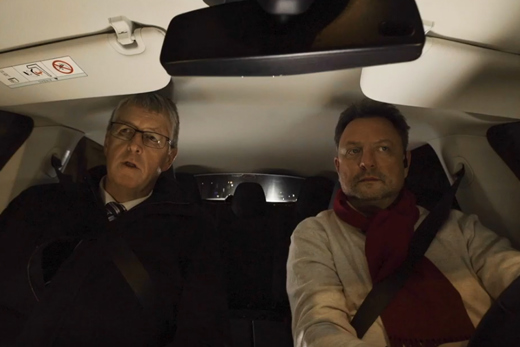
Local governments take climate action
Erik Lauritzen, Mayor of Sønderborg.
What is the role of local government in taking climate action? In his #ETtalksDRIVE, Erik gives the example of how citizens, business and politicians in Sønderborg, Denmark, moved from talk to action with ProjectZero, a vision to create a zero-carbon future and sustainable cities.
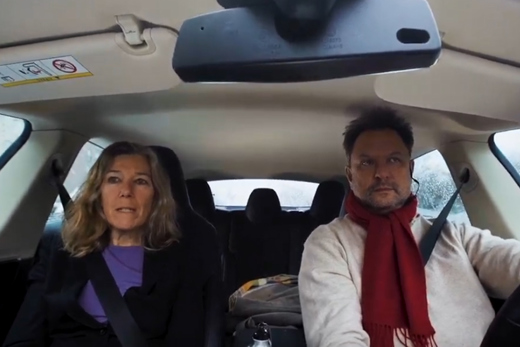
Green buildings support climate mitigation
Elizabeth Beardsley, Senior Policy Counsel at the U.S. Green Building Council.
What is a green building? And how can it support climate mitigation and make our cities more resilient? In her #ETtalksDRIVE, Elizabeth Beardsley reminds us that there is untapped potential waiting to be unlocked and that we need climate policy to accelerate the energy transition.
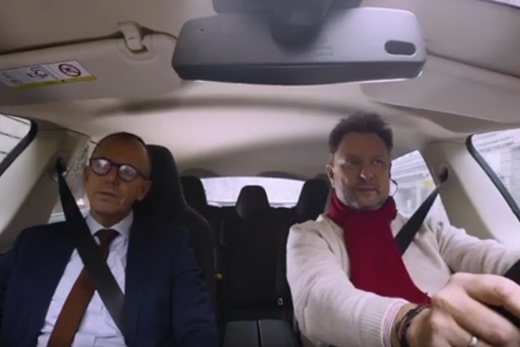
The key ingredients for a successful energy transition
Troels Ranis, Industry Director Danish Energy Industries Federation, Confederation of Danish Industries.
Denmark is often seen as a leading green country. But it was not always been like that. On his #ETtalksDRIVE, Troels unveils the key ingredients for a successful energy transition and the ambitious plans for future.
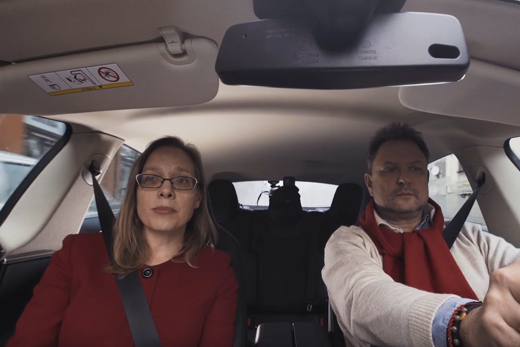
Energy efficiency is behind increasing energy productivity
Laura Van Wie McGrory, Vice President of Strategic Initiatives for the Alliance to Save Energy.
Why is energy efficiency the cheapest, cleanest, the most accessible and the fastest available energy source? In her #ETtalksDRIVE, Laura highlights the importance of energy productivity for development while protecting the climate.
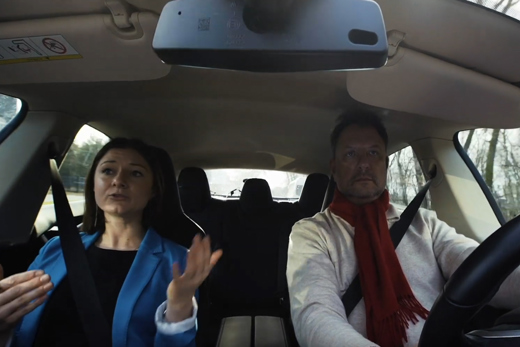
Business plays a key role in driving faster action on climate change
Julia Panzer, Head of Public Affairs & Sustainability, Danfoss A/S.
Julia explains how business can support faster climate action, and describes what climate leadership looks like. Setting ambitious climate strategies and engaging with citizens, friends, and family, around climate change issues paves the way to protect our planet. But time is running out and we need more political will.

Transformation towards a green economy is possible
Jerzy Buzek, Chairman of the European Parliament Committee on Industry, Research and Energy.
Are we running out of time when it comes to mitigating climate change? Jerzy stays positive and in his #ETtalksDRIVE, he talks about talks about the energy transition in the EU and the need for a global agreement if we want to save our planet.
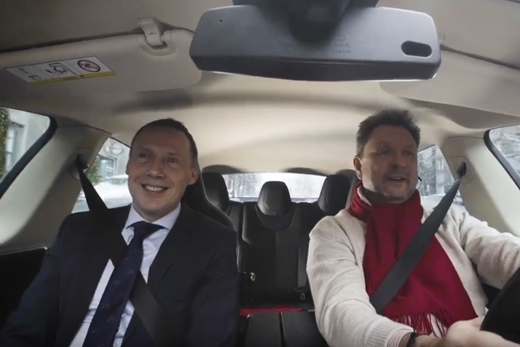
Energy efficiency is the fast-track to unlock our buildings´ energy savings potential
Adam Jędrzejczak, President at East Europe Region Danfoss Poland Sp. z o.o.
Why do we need to start rethinking energy efficiency in buildings? In his #ETtalksDRIVE, Adam explains that buildings have a central nervous system that needs to be optimized. Plus, a transition to a low-carbon economy requires the full decarbonization of our cities, putting emphasis on the need for more energy efficiency in buildings.
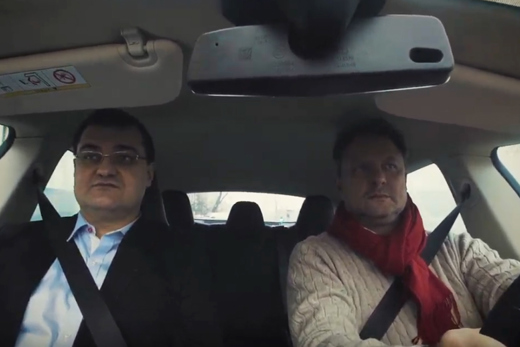
Evidence for climate change
Marcin Popkiewicz, Analyst of Megatrends.
Is climate change a matter of belief? In his #ETtalksDRIVE, Marcin says that climate change is caused by human activity and is a matter of science, numerous research and measurable facts based on the fundamental physics known since the nineteenth century.

